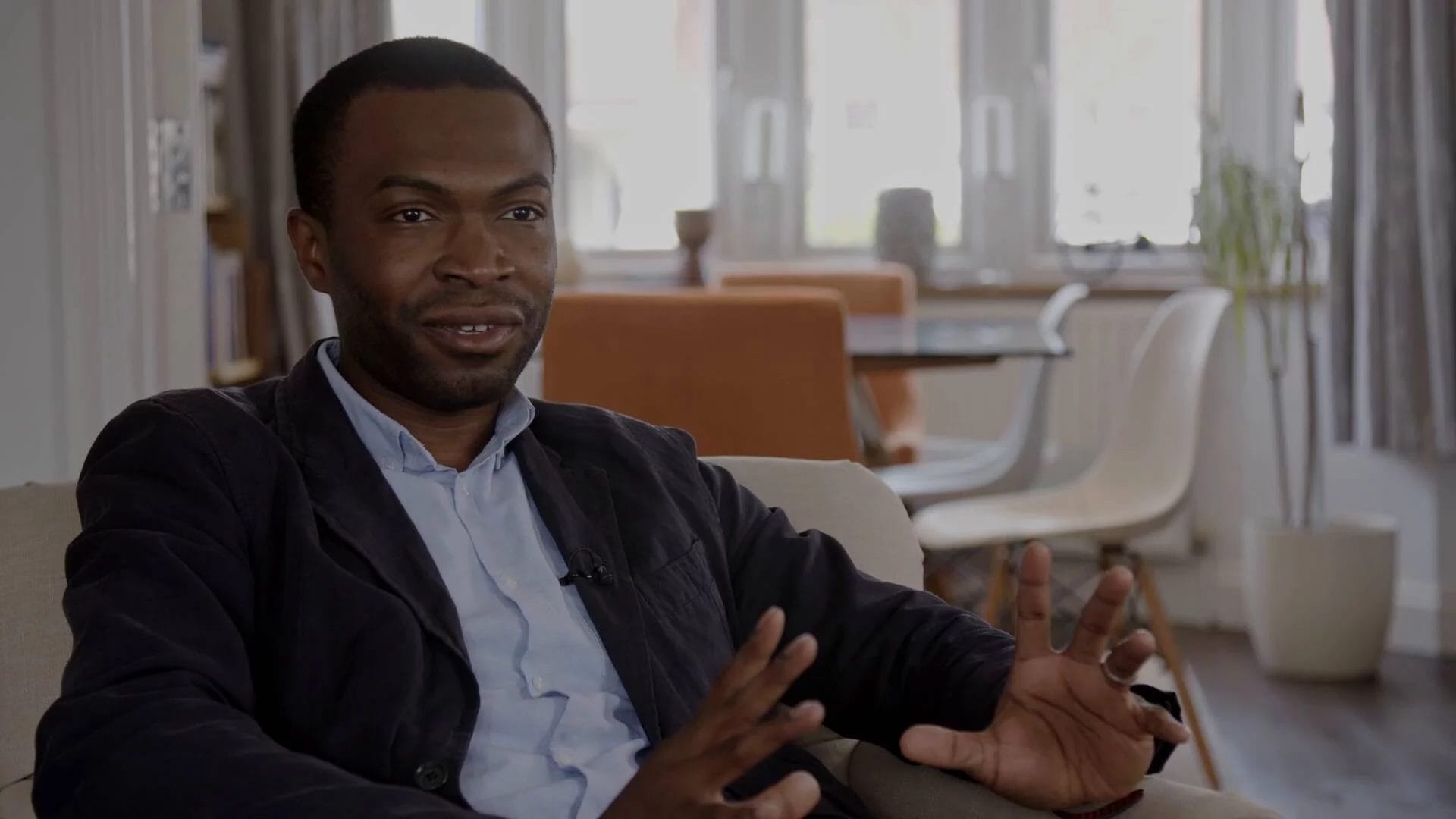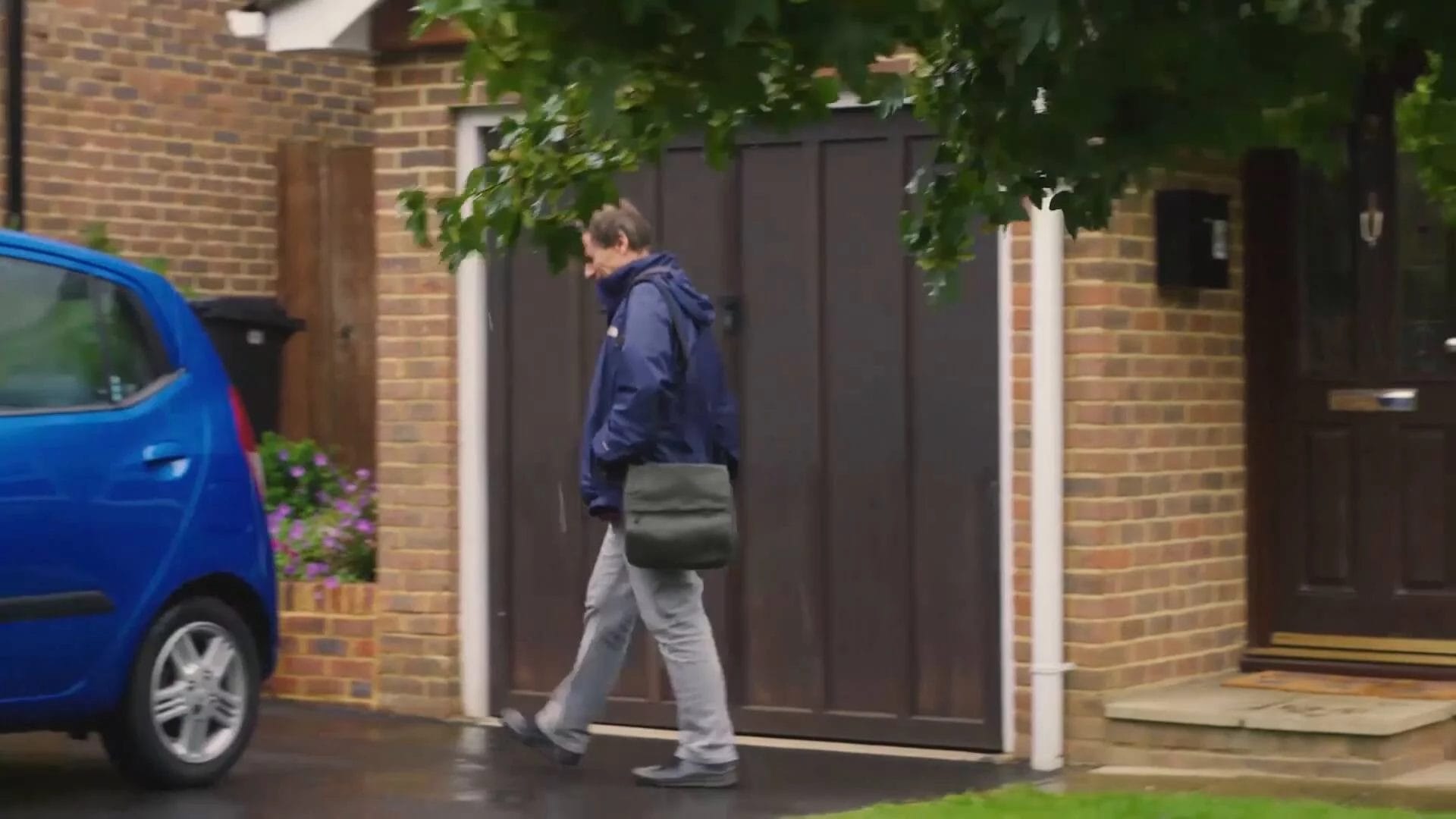I grew up in Dudley, in the West Midlands, a combination of there and also the potteries in Stoke-On-Trent, which is where my wider family are from. So I guess weekends spent running around my grandfather’s market stall, Getting down to Port Vale football club in Birmingham’s own kind of theatre of dreams.
I went to Sheffield University. I studied human geography. A combination of urban studies, politics, economics, generally studied life really. So when I came out of university, I had a brief flirtation with joining the RAF, I went to the recruitment process for that. I was offered a job which at the time was known as a weapons systems operator. So a rear gunner in a Tornado.
But it wasn’t what I wanted. I wanted to fly the planes and unfortunately, my scores weren’t good enough to qualify for that particular intake. So I missed some of the key dates for graduate recruitment, for commercial property, which at the time was my fallback as a result of that, had my year out in South America for the year, came back, and I went through the various interview processes to join one of the commercial property agents.
During the application process, I was invited to present to somebody I’d met through my cricket team and in fact they ended up offering me a job. I didn’t go down the traditional graduate route but worked for a development investment specialist in the West Midlands. Trained there for a couple of years, got my accreditation with RICF and then transferred into fund management and moved down to London. I think the reason why I travelled so extensively now is because I went 14 years without doing an awful lot of it outside of the U.K. So holidays were Devon and Cornwall. Leaving that and going away and experiencing the wider world, this was fascinating to me.
I think the crossover between travel and experience, the things that travel can give you and real estate is a very clear one to me. So a lot of what we’re looking to do when we’re running real estate funds is to ensure that were buying properties, were owning assets that are in sustainable locations. A big part of job now is now for example creating spaces. It’s not just about the landlord anymore. Providing a building for a tenant to plug into a big part of it now is creating that space. Where people want to live, work and use the environment. And that is a two way street. And so it’s a joint venture between both landlord and the tenants and having a horizon a set of experiences where you spent a lot of time in the outside world, you see how people use space, and that’s key to providing the appropriate kind of real estate built environment, for these end users.
My focus predominantly is income protection. Over any long term period or time period real estate is predominantly income without looking to take on too much additional risk. Real Estate generally is relatively illiquid. So the trust itself offers liquidity to investors through the purchase of shares. That means that you basically need a strategy that works for the now, but one that is flexible enough and solid enough to be able to run into the medium term whether that is three to five years or even in many cases to stay beyond that up to 10.
One of the key things I like about managing the trust is the accountability that comes with being the fund manager of the trust. I’m very proud of that position. And ultimately, investors expect there to be a clear decision making process with an individual names to make the final call, that final decision. But I think a key part is the team that sits behind that is empowering those individuals who are sector specialists. who have potentially been running one sector for longer than I’ve been working for and the ability to drive the ideas to come up with their own strategies as well, really just to feel comfortable and confident enough to run those kind of strategies through.
But ultimately, knowing that I’ll be there as the overarching arbitrator of whether or not we think that’s right for the trust.




